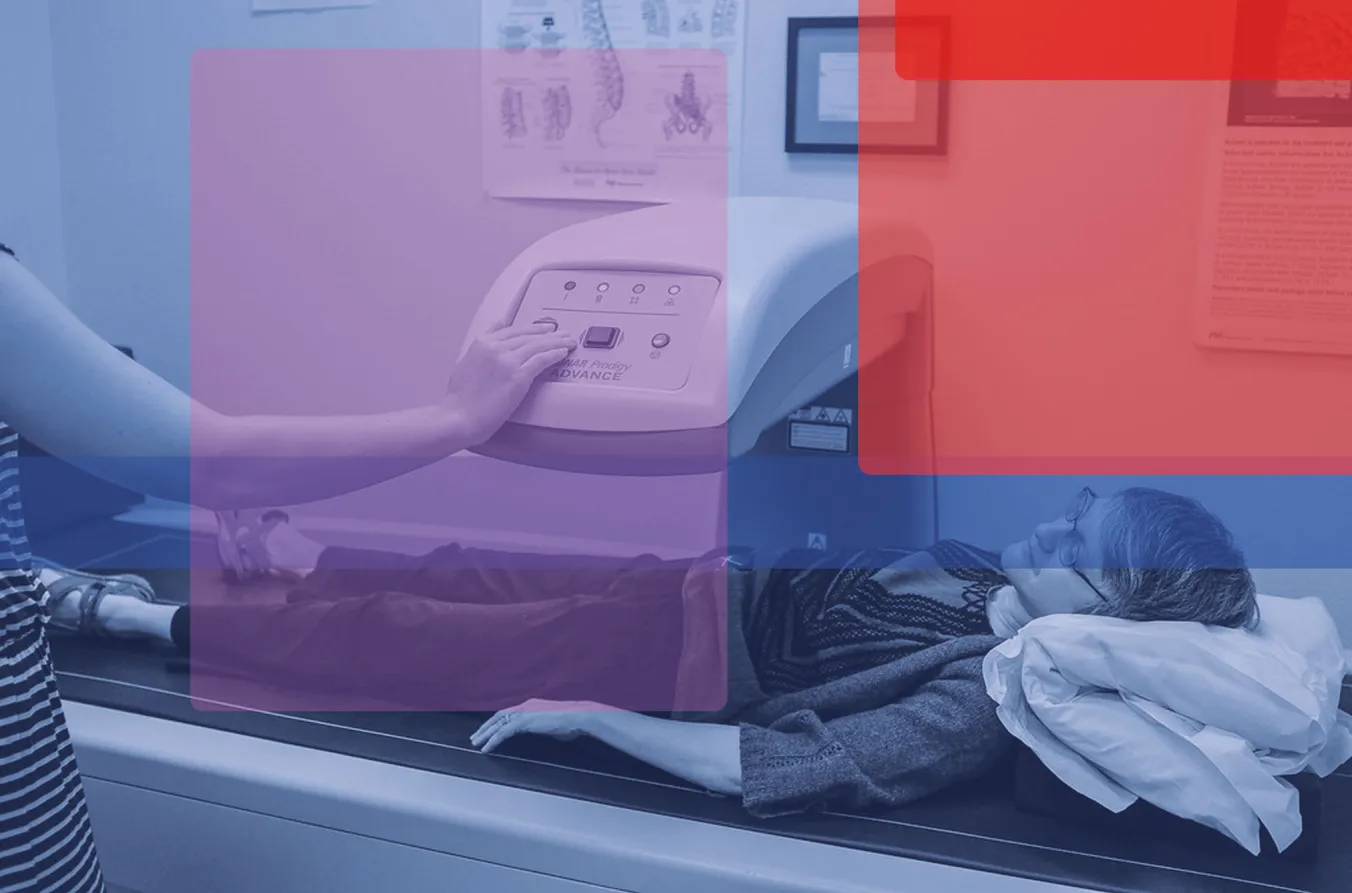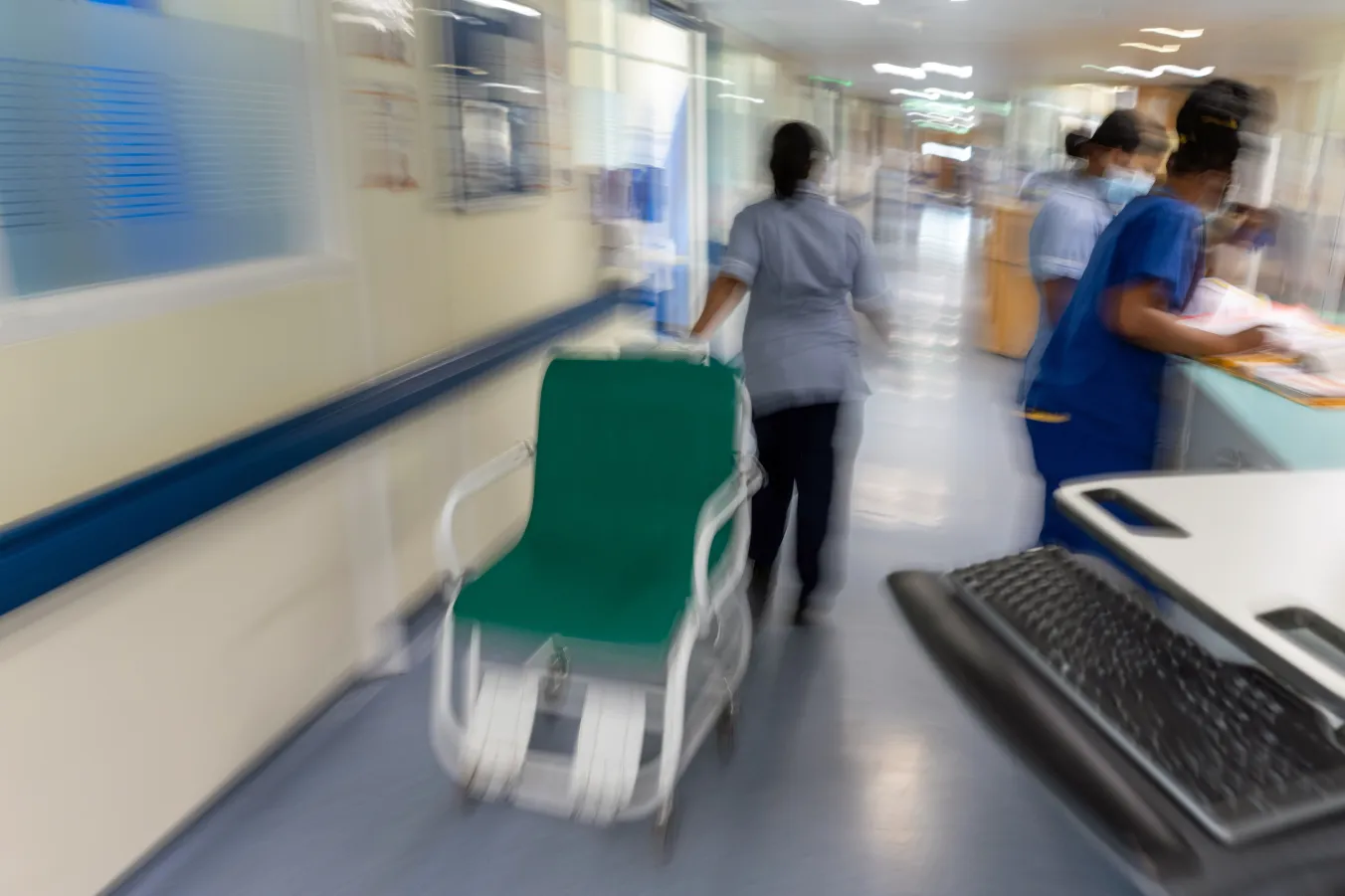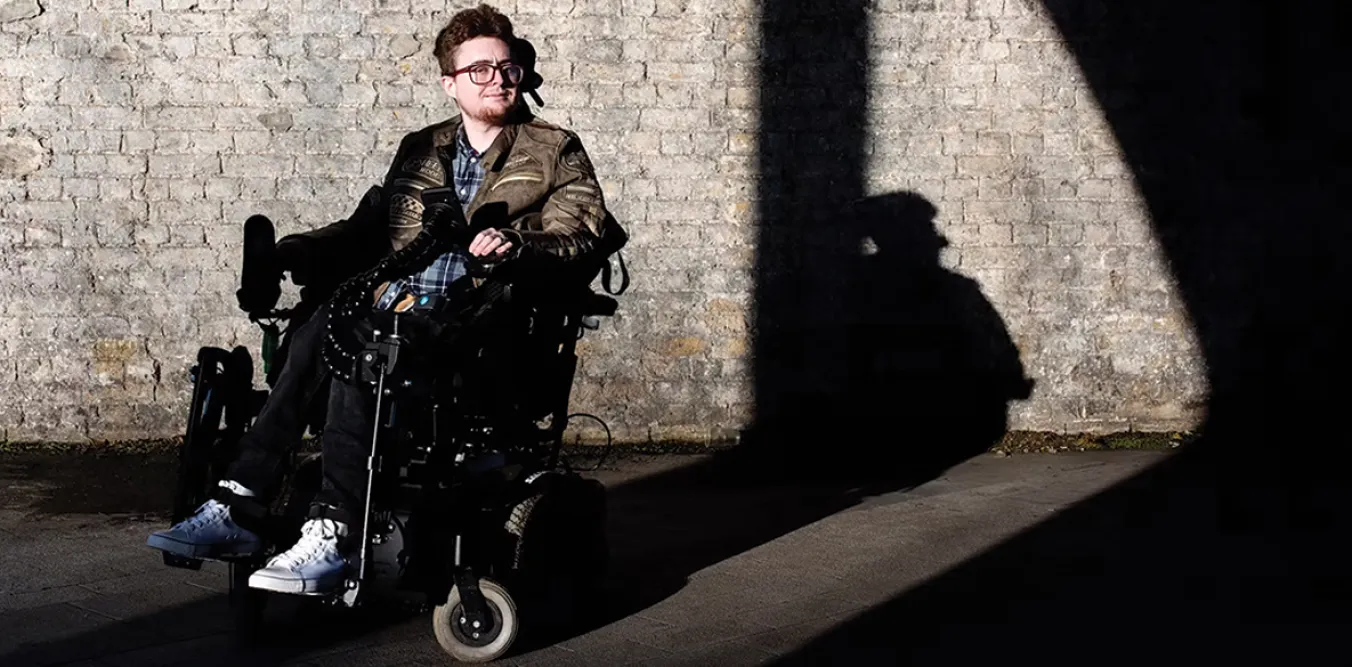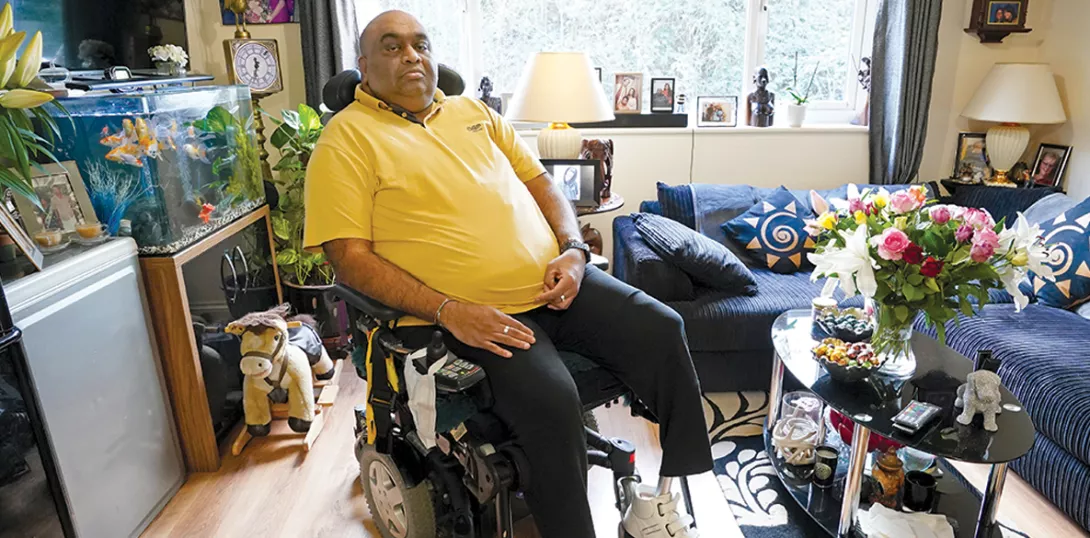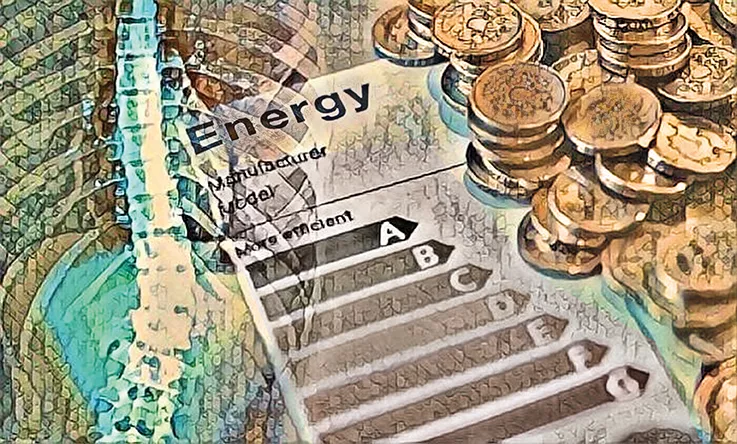
THE new 5 per cent higher price cap on energy announced on November 23 means people will pay more to keep warm this January than any winter before — and this is set to hit those with disabilities, such as those spinal cord injuries (SCI) the hardest.
The Spinal Injuries Association (SIA), which represents those with such injuries, is calling on the government to offer more help with paying these bills. That’s because those with injuries such as serious spinal injuries are often stuck at home. As calls to the helpline indicate, a considerable number are in unsuitable homes, not just with access problems, but also unsafe and hard to keep warm.
Those with SCI who are renting have been exposed to the turbulence in the private rental sector, with the result that some are having to move to properties unsuitable for their needs as they don’t want to end up in temporary accommodation if an accessible, affordable property can’t be found.
One woman who contacted the charity ended up in a refuge, due to not finding anywhere suitable she could live. The SIA said: “A home adapted to meet the needs of someone with SCI is a fundamental right for everyone living in Britain.” But that “right” is far from being met.
Due to problems some of those with SCI have in terms of regulating their temperature; insecure costly homes plus high energy bills are a nightmare combination.
Last winter, there was some help when every home received a £66 a month government reduction, however with no additional support this winter and benefits falling short, the worry is that many with SCI will suffer unnecessary physical pain and anxiety with some having to turn to debt and foodbanks.
It must be stressed this is on top of an Autumn Statement that caused many of those with disabilities extreme anxiety, not just about the present situation, but of potentially harsher approaches towards those with disabilities to come.
One measure mentioned was more disabled people working from their homes, but that doesn’t match the reality of most homes, where the insecurity of tenure mixed with trying to live with, care for and manage complex conditions are full-time concerns.
A spokesperson for SIA said: “We are concerned for the safety of many who due to spinal cord injury are unable to regulate their body temperature in the same way.
“As heating bills soared last winter, many of these people reported pain levels increasing due to being unable to keep warm at home with some resorting to wearing ski clothes indoors or wrapping themselves in blankets and duvets and staying in bed all day, rather than turning on the heating.
“The cold adversely affects pain levels and the ability to walk for many with spinal cord injuries, with some struggling to move around their own home. For them simply turning the heating down or switching off essential equipment is not a safe option.
“Worrying about how to make ends meet is not healthy for anyone and neither is staying in bed for most of the week so you can turn off the heating, with many telling us they feel angry, upset and isolated.”
Linda, who called the SIA helpline, reported spending £430 a month on gas and electricity last winter to survive which was not sustainable and stated she was “scared to death by the energy prices announcement.”
Many disabled people have no way of increasing their income and as such, are deeply worried about how to absorb these additional costs this coming year.
The Spinal Injuries Association is supporting other charities, including Scope, which are calling for a social tariff on energy offering a discounted bill for those who face higher energy costs. This would ensure that those in the greatest need such as the 50,000 people across Britain with a spinal cord injury can feel able to put the heating on when they need it this winter.
Ruth F Hunt is a freelance journalist and columnist.

